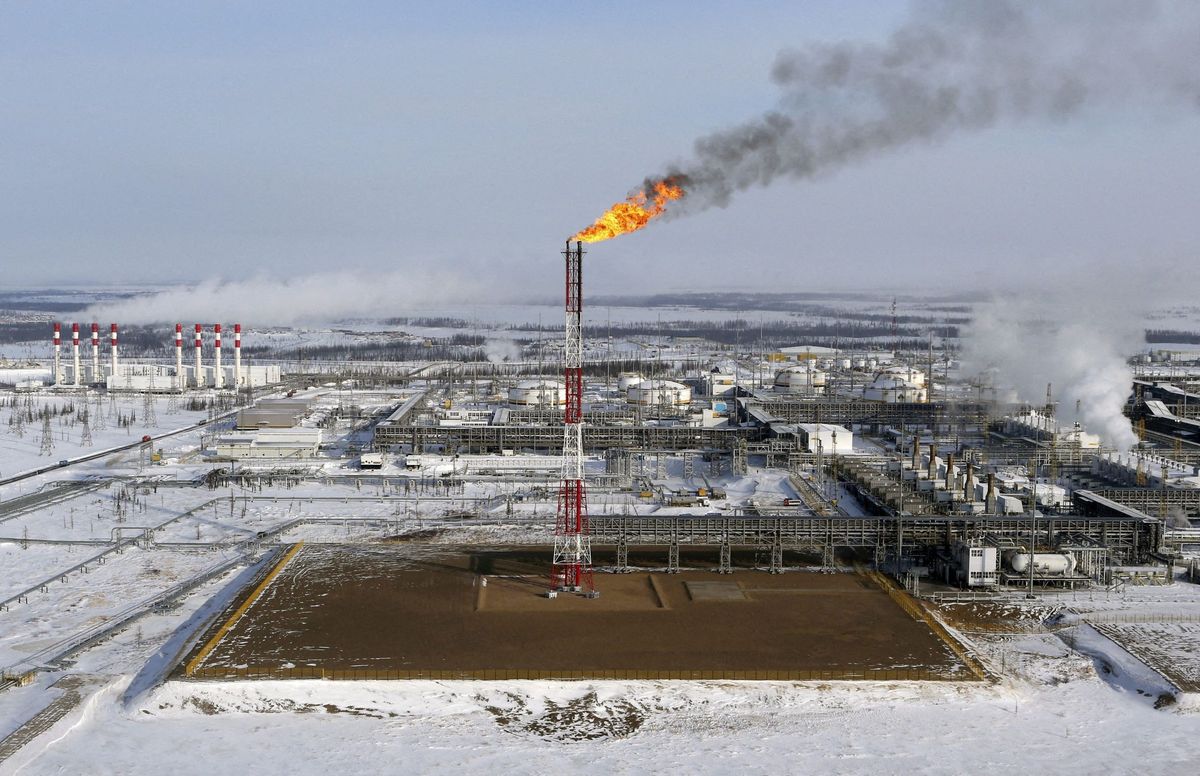Iran turns off 2 surveillance cameras at a nuclear site

A few minutes every morning is all you need.
Stay up to date on the world's Headlines and Human Stories. It's fun, it's factual, it's fluff-free.
Recently, Iran has been in talks to revamp the Iran Nuclear Deal, which would mean that the country is required to slow down or halt its nuclear enrichment program. In exchange, the international sanctions against its economy will be eased.
But on Wednesday, the country announced on state media that it had turned off two cameras put in place by a UN watchdog – the IAEA. These cameras and sensors are routine parts of ensuring that countries are actually doing what they say they’ll do when it comes to nuclear capabilities. For Iran, it says that 80% of IAEA’s surveillance cameras were still working and that its cooperation with the IAEA was voluntary.
Now experts worry that this move will escalate tensions, making it harder to secure a deal that many were hoping would also help ease the global undersupply of oil.
Key comments:
“We are deeply concerned about the continued nuclear advances that the Director General documents in his report,” read a joint statement made by France, Germany and the UK. “As a result of Iran’s nuclear activities in violation of the JCPoA [AKA the Iran Nuclear Deal] for more than three years, its nuclear programme is now more advanced than at any point in the past. This is threatening international security and risks undermining the global nonproliferation regime.”
“Iran’s nuclear advances are not only dangerous and illegal, they risk unravelling the deal that we have so carefully crafted together to restore the JCPoA,” read the statement. “The more Iran is advancing and accumulating knowledge with irreversible consequences, the more difficult it is to come back to the JCPoA.”
“If accurate, reports that Iran plans to reduce transparency in response to this resolution are extremely regrettable and counterproductive to the diplomatic outcome we seek,” said the US ambassador to the IAEA, Laura Holgate.




Comments ()